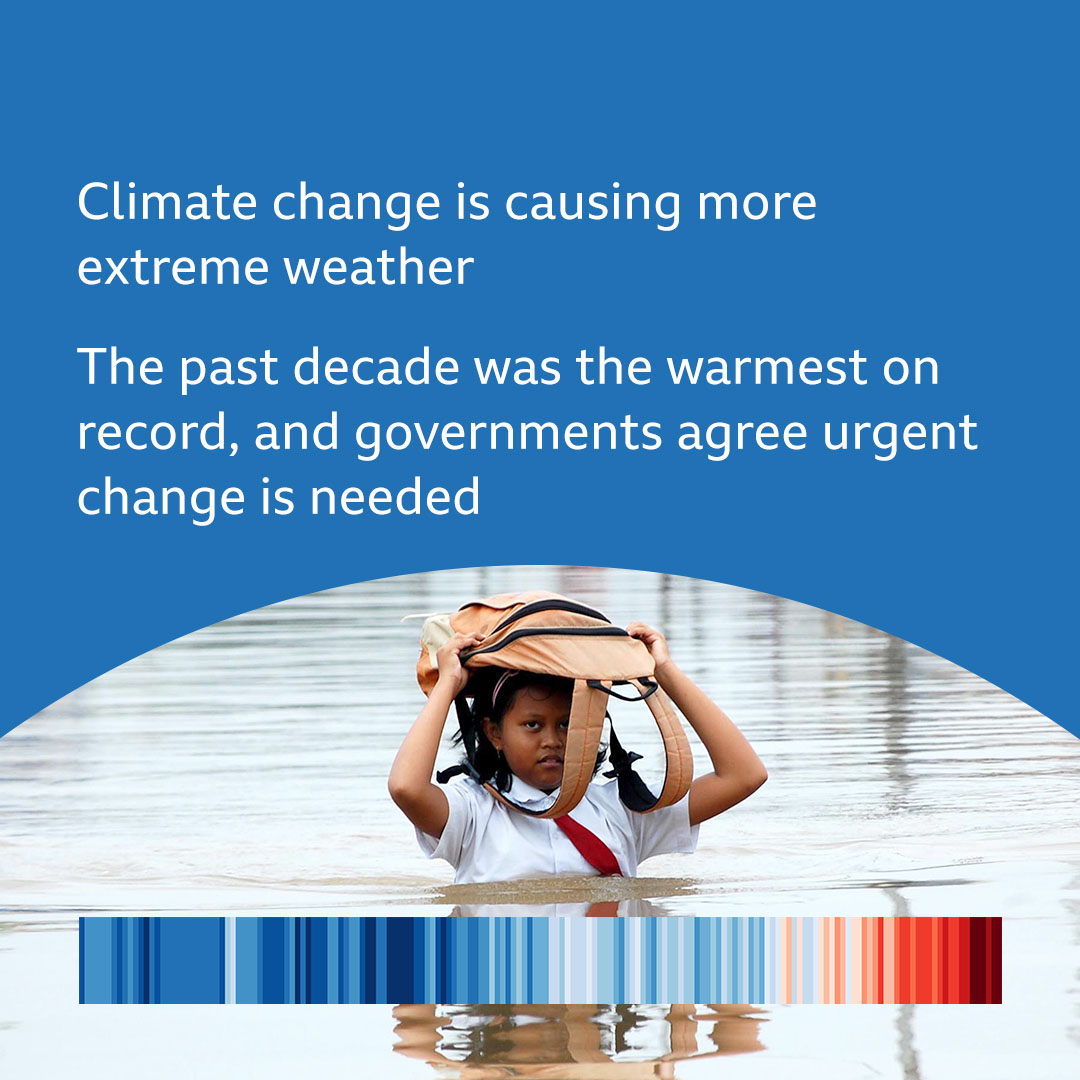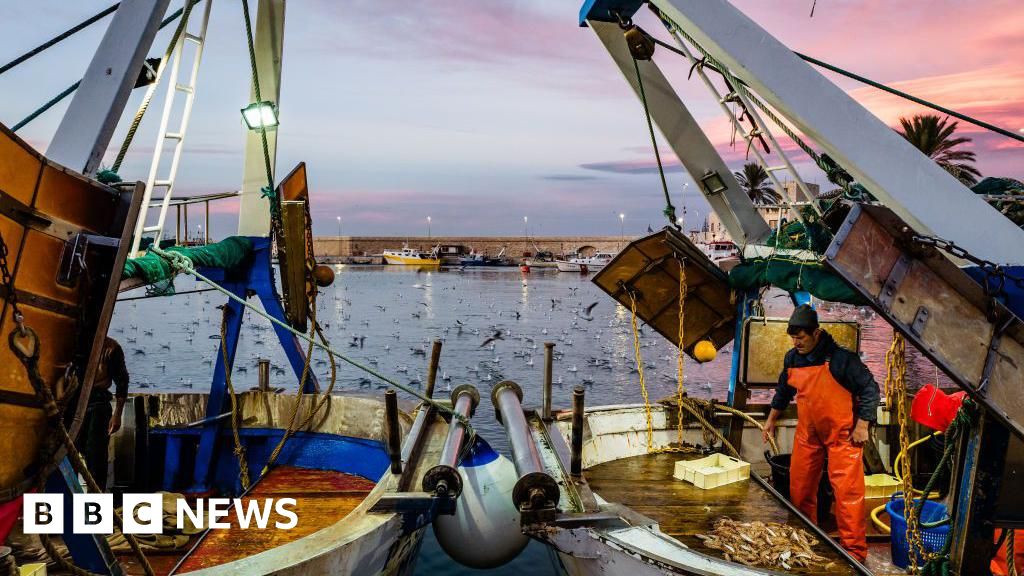ARTICLE AD BOX
By Becky Morton
BBC News
Image source, Getty Images
Pupils will be recognised for their efforts to protect the environment in a new Duke of Edinburgh-style award.
It is one of a series of measures aimed at putting climate change at the heart of education.
The plans will be set out by Education Secretary Nadhim Zahawi at the COP26 climate summit in Glasgow.
Staff will also be supported to teach children about nature and their impact on the world through a "model science curriculum", to be in place by 2023.
Climate change is already taught in science and geography lessons in England as part of the curriculum.
The Climate Leaders award will help children to develop their skills and knowledge in biodiversity and sustainability, with their work recognised at an annual national awards ceremony.
Pupils will be able to progress through different levels of the award - bronze, silver and gold - in a similar way to the Duke of Edinburgh's Award, which includes volunteering and extracurricular activities.
The education secretary will also confirm plans to pilot "energy pods" that can replace gas and coal boilers and supply a school's heating and hot water without carbon emissions.
The pods are being tested in some schools first and could be rolled out more widely to other public-sector buildings if successful.
Schools, colleges and nurseries are also being encouraged to improve the biodiversity of their grounds.
And from next month, all further education teachers trained via an apprenticeship will be required to integrate sustainability into their teaching.
The measures form a draft sustainability and climate change strategy, which will be built on over the next six months in collaboration with young people, teachers, sustainability experts and environmentalists before a final strategy is published in April 2022.
The education secretary will host a panel session on the sixth day of the COP26 conference, which is focused on youth and public empowerment, with education ministers from around the world.
Mr Zahawi said "education is one of our key weapons in the fight against climate change".
"Empowering teachers in every school to deliver world-leading climate change education will not only raise awareness and understanding of the problem, but also equips young people with the skills and knowledge to build a sustainable future," he added.
James Bowen, director of policy for school leaders' union NAHT, said there was a "huge amount of good work already taking place in schools to reduce their carbon footprint" - but "a coherent national strategy is essential if we are to see real impact".
"The government must be truly ambitious, not just looking to new buildings, but also at how the existing school estate can be made as environmentally-friendly as possible," he said.
He added that any work on a new model curriculum must be developed "in close consultation with the profession".
Geoff Barton, general secretary of the Association of School and College Leaders, said schools were already working "very hard on tackling climate change" but "children and young people rightly want to see far more concerted action from policy-makers".

 3 years ago
64
3 years ago
64
















 English (US) ·
English (US) ·